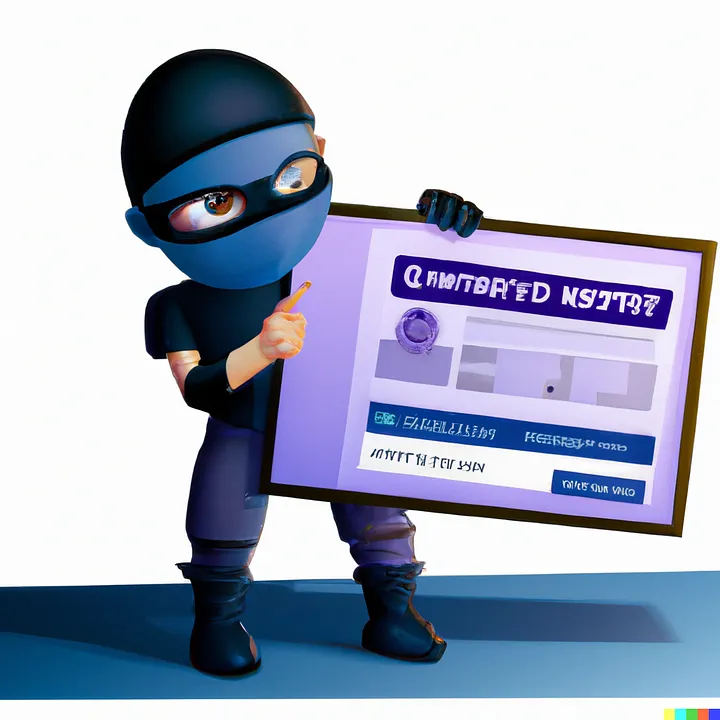Are you interested in learning more about cybersecurity? Do you want to protect your personal information and secure your digital life? Then you’re in the right place!

Security has become a vast domain in today’s Information Technology world. Since people are connected via the internet, and our daily tasks depend on it, security plays a vital role.
Are you okay with sharing your private info with others for free? I bet not! That’s where cybersecurity came into the picture and started framing our cyber lives.
But wait!? What is Cybersecurity? 🤔

What is Cybersecurity?
Cybersecurity is derived from two words, cyber and security.
Our digital world, which is connected via the internet, is called cyber. Simply put, it denotes a relationship with Information Technology (IT). Security is the quality or state of being secure. 🔐

Think about it — how much personal information do you share online? Your name, address, phone number, email, financial information, and more could all be vulnerable to cyber threats if you’re not careful. And let’s face it — none of us want to be the victim of a cyber attack, whether personal or professional. That’s where cybersecurity comes in.
But what exactly is cybersecurity? Simply put, it’s the practice of protecting internet-connected systems and devices and the data and information they contain from digital attacks and threats. These threats can take many forms, including malware, ransomware, phishing scams, and hacking attempts, and can have serious consequences, such as data breaches, identity theft, and financial loss.
So, how can you ensure the safety of your private information and assets online? 🤔
Here are a few safety tips:
- Use strong, unique passwords for all of your online accounts. Avoid using easily guessable passwords, such as your name or birthdate, and consider using a password manager to keep track of your passwords.
- Enable two-factor authentication whenever possible. This adds an extra layer of security by requiring you to enter a code sent to your phone or email and your password when logging into your accounts.
- Be cautious when clicking links or downloading attachments from unknown sources. Hackers often use phishing scams to trick people into revealing sensitive information or downloading malware.
- Keep your devices and software updated with the latest security patches and updates. This helps to protect against known vulnerabilities that hackers might try to exploit.
Following these tips and staying vigilant about online security can help protect yourself and your information from cyber threats. Remember, it’s always better to be safe than sorry regarding cybersecurity.
Closure
In conclusion, cybersecurity is essential to our modern world, where many of our personal and professional lives are online. Cyber threats such as malware, ransomware, phishing scams, and hacking attempts can have severe consequences, and we must take steps to protect ourselves and our information. By using strong passwords, enabling two-factor authentication, being cautious when clicking on links or downloading attachments, and keeping our devices and software up to date, we can help to safeguard ourselves and our assets from cyber threats. Remember, it’s always better to be proactive about cybersecurity to ensure the safety of our online lives.
I hope you enjoy reading my article and found it informative.
To read more, stay tuned and follow me.
Please share your thoughts and feedback in the comments.
Thank you for reading.